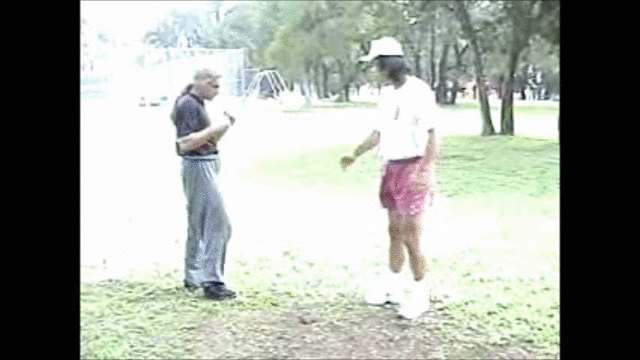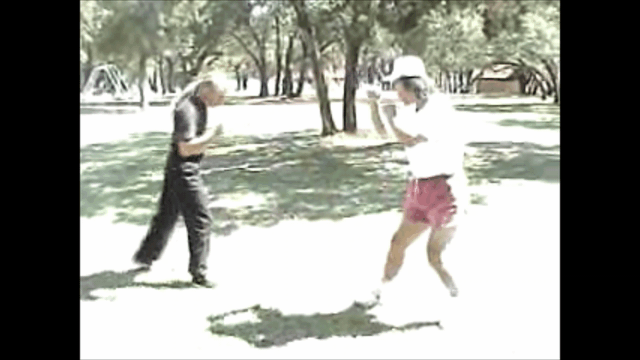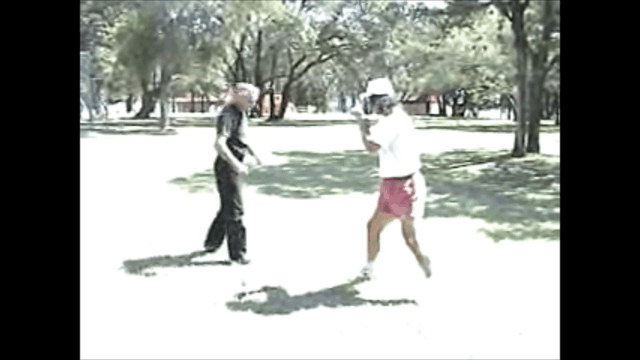It seems to me that you still have problem to separate the difference between "technique" and "ability".He's also telling us he has the same attitude towards his students. When they can't make something work, it doesn't sound like he helps them figure it out. Just says "train more".
Skill development - A teacher can help his students to develop perfect technique in great detail (such as how to set up, how to borrow force, how to chose angle, ...).
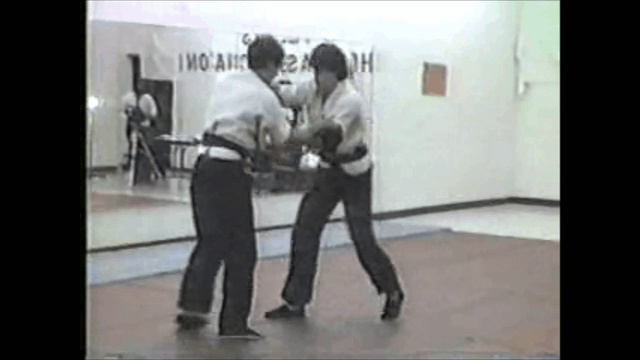
Ability development - A student has to develop ability all by himself. There is nothing that a teacher can help his students in this training.
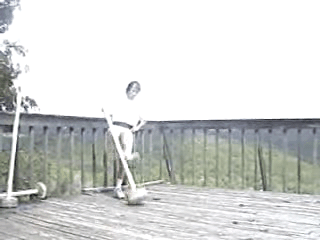
Last edited:


